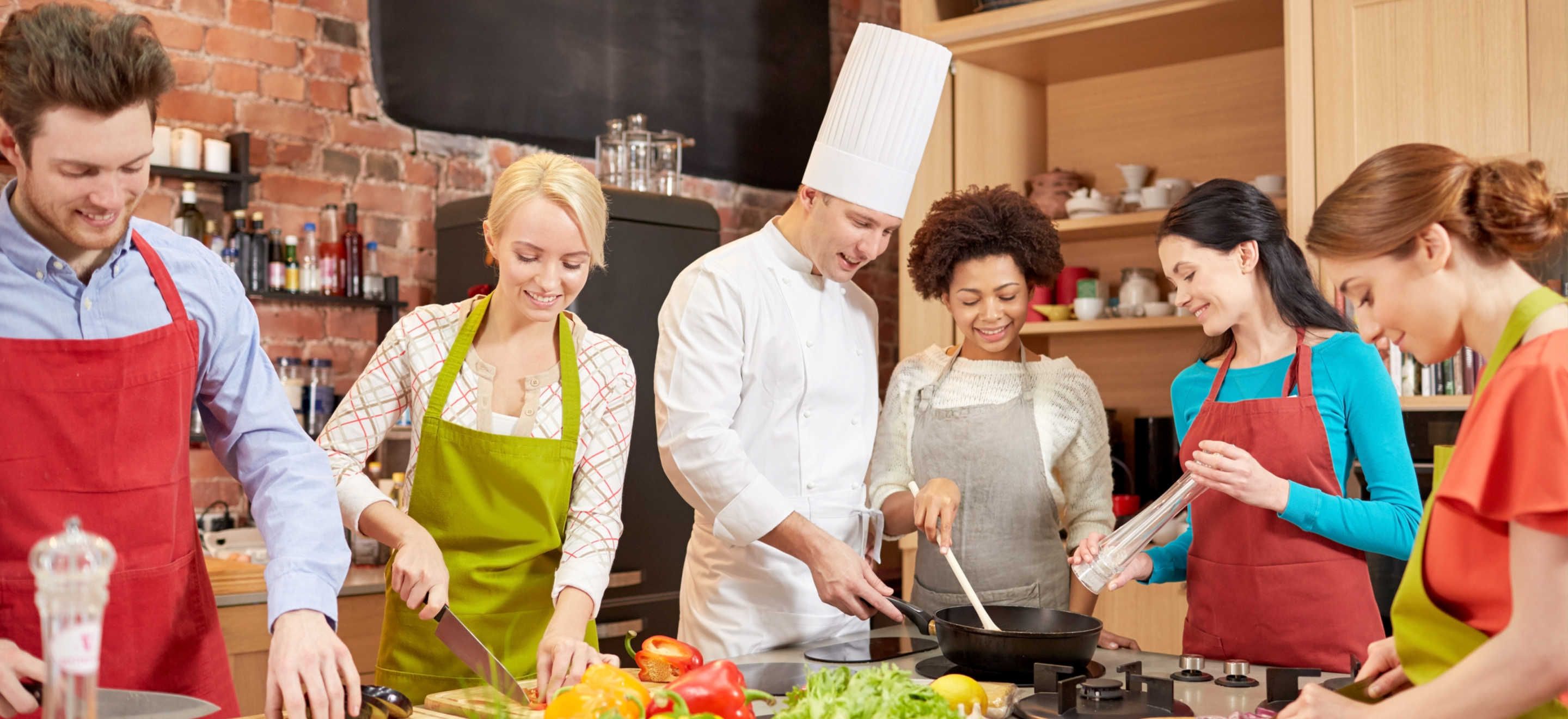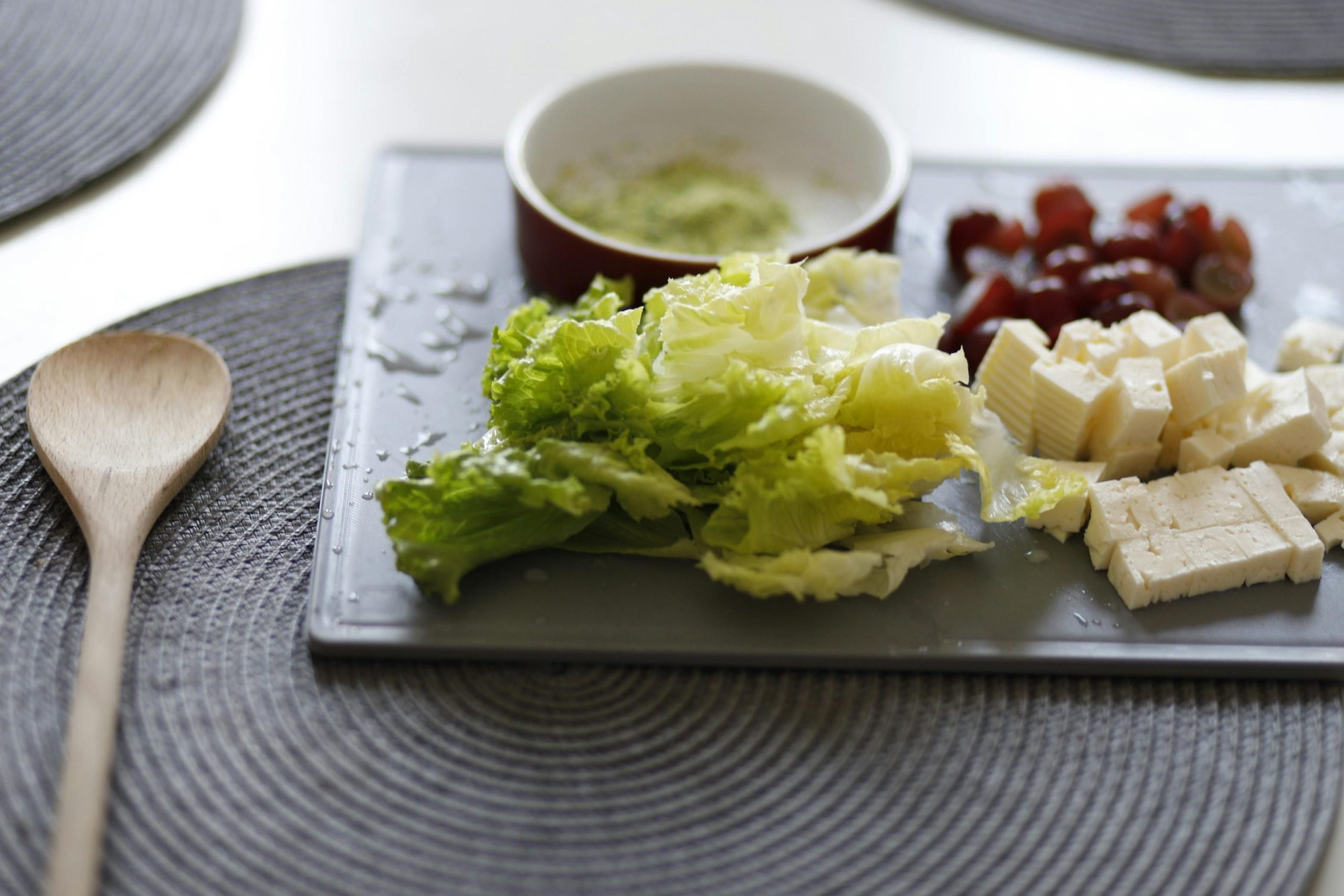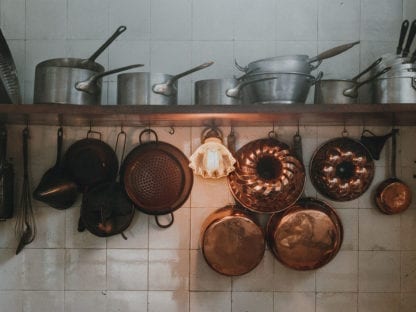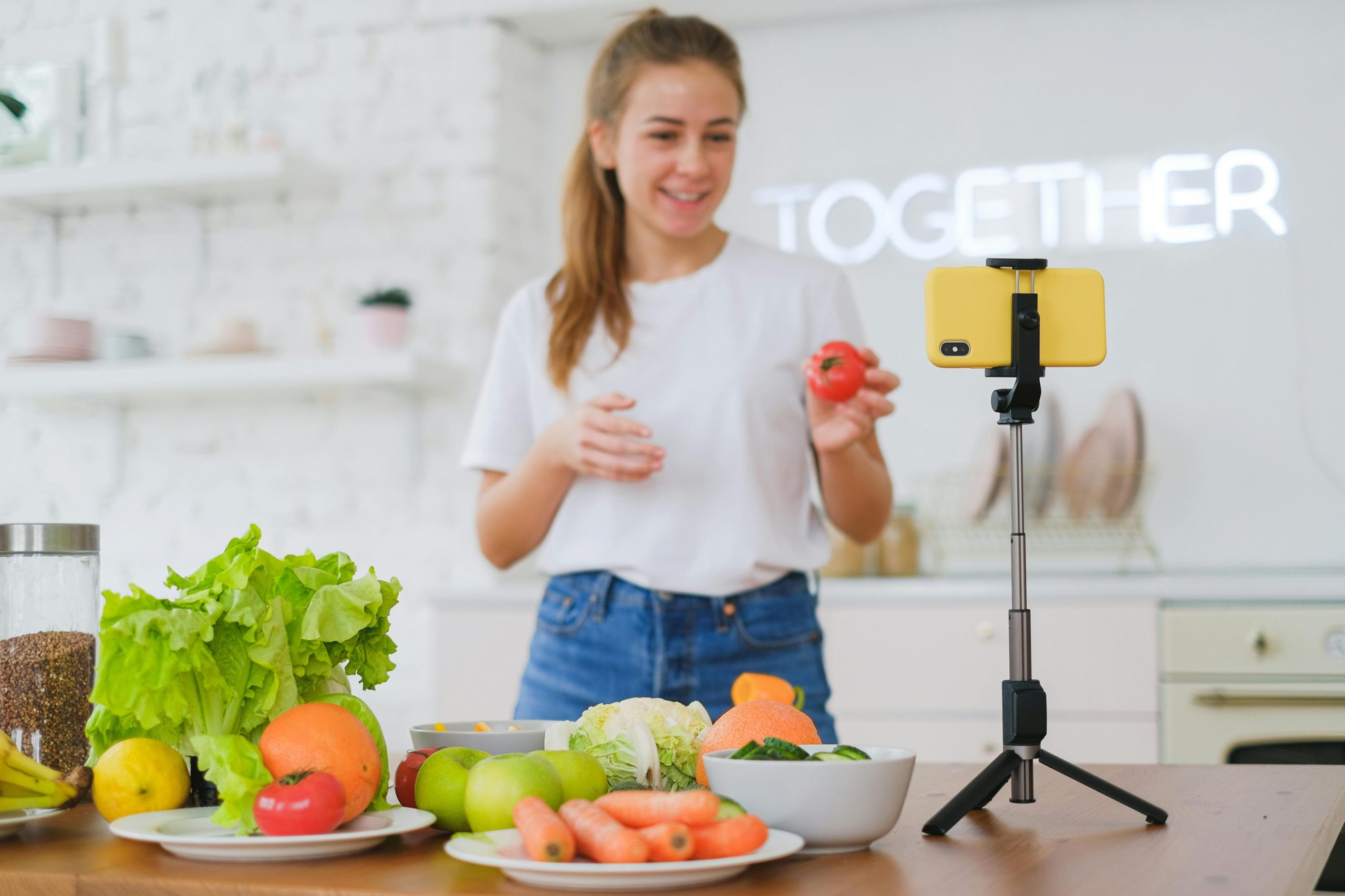Have you ever dreamed of mastering the art of vegan cooking from the comfort of your own kitchen?
Finding quality vegan cooking lessons that cater to various skill levels and culinary interests can often be overwhelming.
Fortunately, there are excellent online vegan cooking classes available that provide comprehensive, easy-to-follow instructions and a wide range of recipes.
In this guide, we’ll explore everything from beginner workshops to professional chef courses, covering specialties like gourmet dishes, vegan baking, and even international cuisines to elevate your cooking skills.
Embracing Online Vegan Cooking Lessons: A Modern Approach

The digital era has revolutionized learning, making it easier and more accessible than ever before, and this includes the art of vegan cooking. Online vegan cooking lessons provide a flexible and diverse way to learn, allowing individuals to explore plant-based cooking regardless of their geographical location or schedule constraints.
These classes often cover a wide range of topics, from basic plant-based nutrition to sophisticated culinary techniques, making them suitable for both beginners and experienced cooks. Participants can choose from a variety of courses that cater to their specific interests and skill levels, ensuring a personalized learning experience that can be enjoyed right from their own kitchen.
Workshops: Interactive Vegan Cooking Sessions

In interactive vegan cooking workshops, participants engage in a live cooking experience that is both educational and enjoyable. These sessions typically include demonstrations of specific dishes, hands-on cooking led by experienced chefs, and opportunities to ask questions and discuss various cooking techniques. Attendees not only learn to create delicious vegan meals but also gain insights into plant-based nutrition and ingredient combinations, enhancing their overall cooking skills.
Professional Training in Vegan Cuisine for Chefs
For culinary professionals aiming to excel in vegan cuisine, advanced vegan cooking courses are essential. These courses delve deep into sophisticated culinary techniques and ingredient knowledge, empowering chefs to master the art of vegan cooking.
By enrolling in a plant-based certification course, chefs can elevate their skills and understanding of vegan ingredients. This professional training not only boosts their culinary repertoire but also enhances their appeal in the competitive food industry.
Crafting Gourmet Vegan Dishes: Fine Dining Focus

Crafting gourmet vegan dishes for fine dining involves more than just substituting animal products with plant-based alternatives. It requires a deep understanding of flavor profiles and innovative cooking techniques to create dishes that are both visually appealing and delicious.
Here are a few key aspects to consider:
- Selection of high-quality ingredients: Premium, fresh, and organic produce can significantly elevate the dish.
- Intricate plating techniques: Presentation is crucial in fine dining.
- Balancing flavors and textures: Achieving a harmonious dish that pleases the palate.
Family Recipes: Vegan Cooking for Home
Vegan cooking at home can be a delightful experience, especially when it involves family recipes that cater to everyone’s taste. These dishes not only provide a nutritious meal but also bring a sense of togetherness. Whether you’re looking for a hearty dinner or a light lunch, there’s a vegan recipe that can satisfy the whole family.
Embracing vegan home cooking means exploring a variety of delicious plant-based dishes. From soups and salads to casseroles and pastas, the options are endless. Preparing these meals at home can be a wonderful way to introduce your family to healthier eating habits while enjoying the process of cooking together.
Exploring Vegan Italian Cooking: A Delicious Twist
Italian cuisine is renowned for its bold flavors and comforting dishes, and many traditional Italian recipes can be easily adapted to be vegan. Dishes like pasta with marinara sauce, vegan risotto, and polenta offer a delicious twist on classic Italian cooking. These meals not only cater to vegan diets but are also perfect for anyone looking to add more plant-based meals to their diet.
Some popular vegan Italian dishes include:
- Spaghetti aglio e olio: a simple yet flavorful dish made with garlic, olive oil, and chili flakes.
- Vegan lasagna: layers of pasta, plant-based cheese, and rich tomato sauce.
- Caprese salad with tofu: a fresh alternative to the traditional mozzarella, using tofu as a delicious substitute.
Vegan Street Food: Quick and Tasty Recipes
Vegan street food is an exciting way to enjoy quick and tasty meals on the go. Popular street foods like tacos, burgers, and wraps can be made vegan with a few simple substitutions. Using ingredients like plant-based meats, dairy-free cheeses, and fresh vegetables, you can recreate these favorites in a vegan-friendly way.
Here are a few ideas for vegan street food:
- Vegan tacos: filled with spicy tofu or tempeh, topped with avocado and salsa.
- Plant-based burgers: made with lentils or chickpeas, served with vegan mayo and fresh greens.
- Falafel wraps: packed with crispy falafel balls, tahini sauce, and pickled vegetables.
Vegan Baking Basics: Sweet and Savory Treats

Vegan baking involves unique techniques that ensure your breads, cakes, and other baked goods turn out perfect every time. For breads, mastering the use of yeast alternatives like sourdough starters or quick-rise yeast is essential. When it comes to cakes, understanding the role of binding agents such as mashed bananas, applesauce, or commercial egg replacers can make all the difference in texture and moisture content.
For those interested in savory vegan treats, utilizing nutritional yeast or blended silken tofu can add the necessary richness and depth of flavor typically provided by cheese or eggs. Here are a few key pointers for baking these items:
- Use high-quality flour: Whole wheat or gluten-free options can impact the final product.
- Experiment with natural sweeteners: Dates, maple syrup, or agave are great choices.
- Incorporate fats wisely: Coconut oil or vegan butter can provide the necessary fat content without using animal products.
Ottolenghi-Inspired Vegan Cooking: A Fresh Perspective

Yotam Ottolenghi’s cooking style is known for its bold use of flavors and diverse ingredients, making it a fantastic inspiration for vegan cooking. By adapting his recipes to use vegan ingredients, home cooks can explore a fresh perspective on plant-based meals. For instance, traditional dairy products can be replaced with nut-based cheeses or creamy coconut milk, and meat can be substituted with hearty elements like lentils or tempeh.
The key to successfully adapting Ottolenghi’s recipes for a vegan diet lies in focusing on rich, natural flavors and using high-quality ingredients. Here are a few tips:
- Use spices and herbs generously to enhance the natural taste of vegetables and grains.
- Experiment with different textures, combining crispy elements with soft or creamy bases.
- Incorporate a variety of fresh and seasonal produce to keep dishes vibrant and full of flavor.
The Art of Fermentation in Vegan Cooking

Fermentation is a transformative process that plays a crucial role in vegan cooking by enhancing flavors and textures. This age-old technique involves the natural breakdown of food components like sugars by bacteria and yeasts, resulting in delicious and complex flavors. For vegans, fermentation offers a unique way to deepen the taste profile of plant-based ingredients, making dishes more enjoyable and varied.
Here are some practical tips for incorporating fermentation into your vegan kitchen:
- Start with simple projects like fermenting sauerkraut or kimchi, which require minimal ingredients and equipment.
- Experiment with different fermentation times to discover flavors that you enjoy.
- Use fermented foods as flavorful additions to meals, such as adding kimchi to a stir-fry or sauerkraut to a sandwich, enhancing both the taste and nutritional value of your dishes.
Discover Vegan Culinary Arts with Indulge in Zurich
INDULGE in Zurich offers a unique opportunity to dive deep into vegan culinary arts through its immersive cooking lessons. These hands-on experiences are led by local chefs who specialize in vegan cuisine, providing participants with practical skills and deep insights into plant-based cooking. The lessons are designed not only to teach cooking techniques but also to explore the rich history and innovation behind vegan dishes in Zurich.
During these culinary sessions, attendees will:
- Learn to prepare a variety of vegan dishes using local, seasonal ingredients.
- Receive tips on vegan nutrition and how to create balanced meals.
- Experience the vibrant food culture of Zurich through guided food tours included in the cooking classes. This practical approach ensures that learners not only acquire cooking skills but also gain a comprehensive understanding of vegan culinary arts in a dynamic city setting.
Frequently Asked Questions
How do I become a vegan cook?
Becoming a vegan cook involves exploring various vegan cooking lessons and courses that cater to different skill levels. You can start by enrolling in beginner workshops that cover basic plant-based nutrition and simple culinary techniques. As you gain more experience, you can advance to professional chef courses that delve into sophisticated culinary techniques and ingredient knowledge. These steps will help you master the art of vegan cooking and potentially pursue it professionally.
Are vegan chefs in demand?
Yes, vegan chefs are in demand, particularly as the interest in plant-based diets grows. By acquiring professional training and certification in vegan cuisine, chefs can enhance their appeal in the competitive food industry and meet the increasing consumer demand for vegan dishes.








